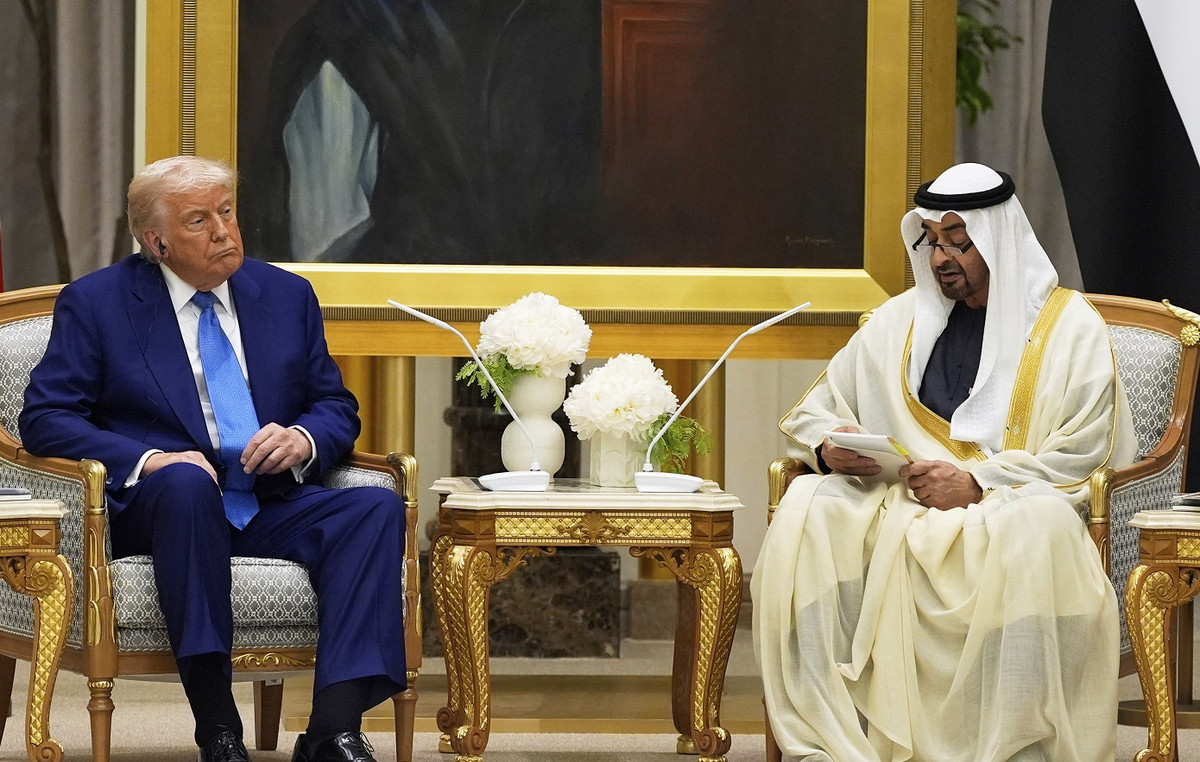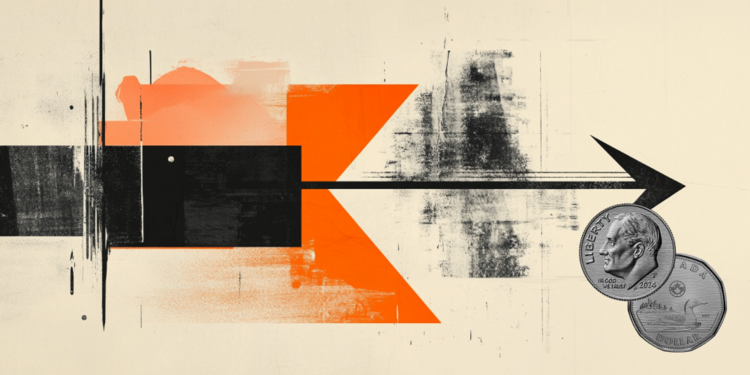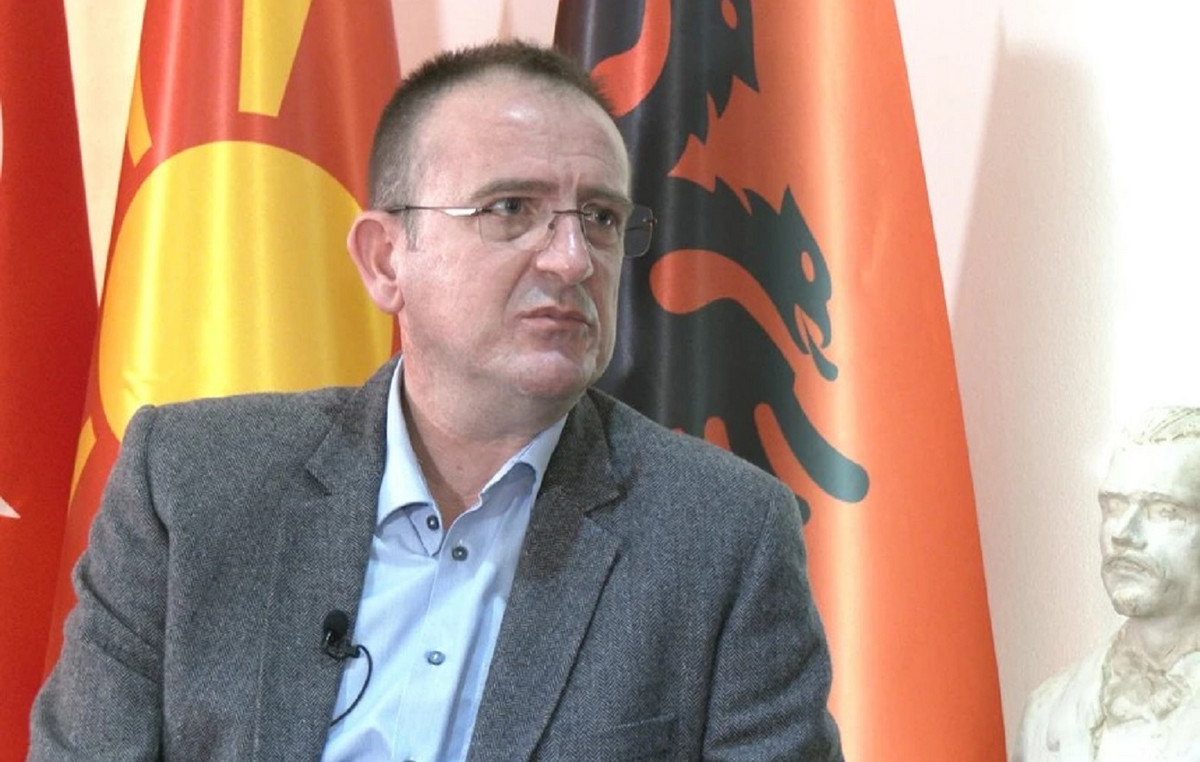After 50 days of captivity, locked in a room, teenage siblings Noam and Alma Or came face to face with a new horror. After being taken in by their grandparents and checked into a hospital, they learned the heartbreaking news that their mother, Yonat, had been killed and their father, Dror, was missing.
Noam, 16, and Alma, 13, were held captive in a room in Gaza with another hostage – a 39-year-old woman with whom they had developed a close bond.
Ahal Besorai, the teenagers’ uncle, told the Guardian it was difficult for the family to break the news on Saturday night, hours after the children were released as part of ceasefire agreement between Israel and Hamas.
“Unfortunately, they didn’t know that my sister, their mother, was murdered,” he said. “Suddenly they come to see their loved ones for the first time in 50 days and the first news they are faced with is that their mom is no longer alive. I think it was very traumatic, there were a lot of tears, a lot of pain.”
Besorai, 60, a British-Israeli lawyer living in the Philippines, had a long talk with the siblings on Saturday after they were reunited with their older brother, 18-year-old Yali, who escaped as a volunteer with the Israeli army, and their grandparents.
Teenagers freed by Hamas ‘were not aware their mum was murdered’ https://t.co/SrcsBvd1nx
— The Guardian (@guardian) November 26, 2023
For the first time, the family learned how the two siblings were separated from their parents when Hamas stormed Kibbutz Be’eri on October 7. The children said they had fled to a safe room with their parents when Hamas gunmen set fire to their home. “When Hamas terrorists burned down their house to force them out of the safe room, the children jumped out of the window and tried to hide in a different place, but the terrorists found them and took them to Gaza in a stolen car from the kibbutz. They put Noam in the trunk and my niece in the front along with eight other Hamas terrorists,” Besorai said.
Yonat, 50, was shot as she tried to hide, while Dror, 50, is believed to have been kidnapped.
In Gaza, the children were locked in a single room in a house with one other woman. “And there it was not easy for them. It wasn’t just simple, to sit in the room and eat,” said Besorai. He did not want to say more to avoid upsetting the families of the other hostages, who were abducted on what some in Israel are now calling “Black Saturday.”
“They were both being held together with another lady. I know who she is and she stayed behind, they didn’t release her, so now she’s alone there… I think they sneaked the kids into the toilets so she wouldn’t know they were going to be released. Then they blindfolded them and took them in their car to the place where they would be handed over to the Red Cross,” said Besorai.
Besorai, who grew up on the kibbutz before moving to the UK in 1991 to study law at Cambridge University, spoke of the close relationship the two children formed with the other hostage. “I asked them how they managed to survive and they said the three of them supported each other. When someone was having a difficult time psychologically, the others encouraged him and offered him moral support”he said.
The children were not held in one of Hamas’ underground tunnels, according to him, who added that “other things happened that made their experience very, very difficult.”
Hamas operatives appeared to derive “sadistic pleasure” from psychologically torturing the families through the delays in releasing the hostages on Saturday, it added. This happened after Hamas accused Israel of violating the agreement they made.
Besorai said he broke down in tears when he finally saw the faces of his niece and nephew on a Zoom call Saturday night.
“They’re very happy to be back,” he said. “The first thing I saw on the screen was Alma’s bright, shining eyes and big smile. She’s obviously lost weight and looks much, much thinner, but her beautiful smile and twinkling eyes warmed my heart and I burst into tears.”
As for his nephew, Noah, he says that after his release he was very talkative and wanted to share his experiences. “He told me some personal things he was going through – maybe talking about them for the first time with someone who loves and cares for him will help him heal.”
Source: News Beast
With 6 years of experience, I bring to the table captivating and informative writing in the world news category. My expertise covers a range of industries, including tourism, technology, forex and stocks. From brief social media posts to in-depth articles, I am dedicated to creating compelling content for various platforms.







